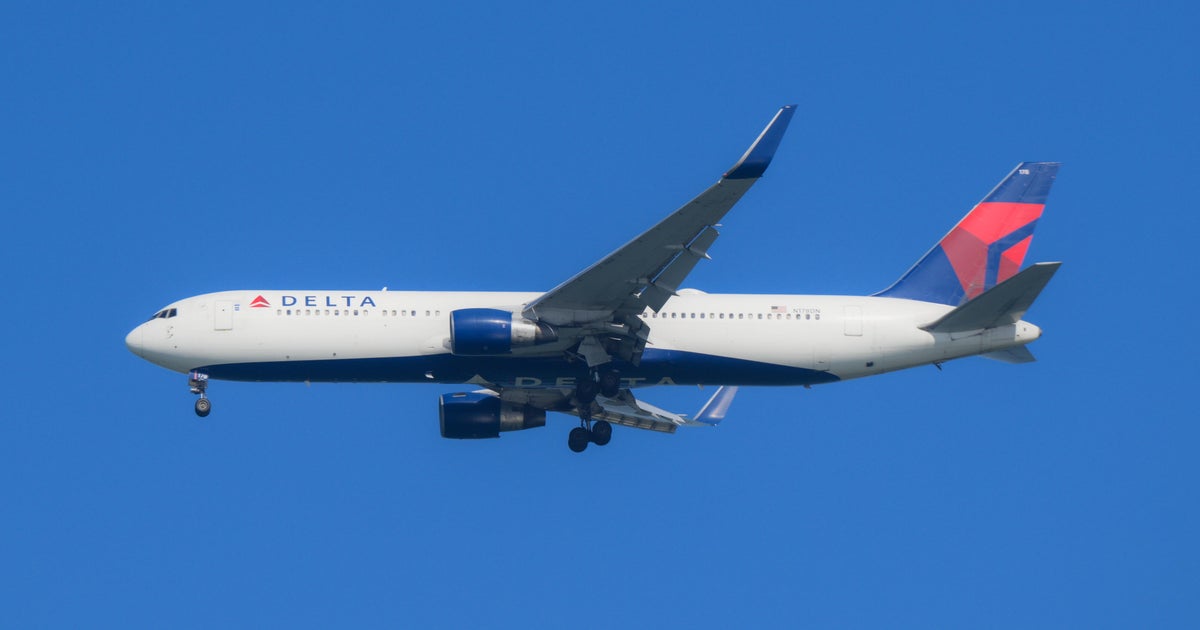Good Question: Who Gets The Leftover FSA Money?
MINNEAPOLIS (WCCO) -- Approximately 33 million Americans put money away every paycheck before the taxes are taken out to be used for glasses, braces or doctor's visits. Flexible spending accounts (FSA) are a good way to save money on taxes, and save up for medical expenses.
But at the end of the year, if an employee doesn't use all the money, they lose it. So, who gets the leftover money?
Sandy Alubowicz is the vice-president of Spending Account Services at Benesyst. The Minneapolis company processes more than a million Flex Spending claims and debit swipes every year.
"At this point in time, the company, the employer gets the leftover money," said Alubowicz.
Even though the money is our money, when we allowed it to be deducted pre-tax, it technically became the property of our employer. In 1978 when Congress created Flexible Spending Accounts, they set it up within the Tax Code. The idea is that if you get to take income before it's taxed -- you have to use it in that year.
But your company can't use that money to pay for a trip for the executives to the Bahamas.
"They can spend it on any administrative costs that they might have incurred during the plan year, or they can share it among their employees," said Alubowicz.
"Funds must be divided evenly among all Section 125 Plan participants for that Plan Year," said Katie Lee Zeitler, Client Services Administrator with Freedom Services, Inc. in Burnsville.
"By Section 125 Plan participants, I mean all employees who had anything deducted pretax from their wages during that Plan Year, including terminated employees and those who only had insurance premiums deducted," said Zeitler.
We are talking about real money. The average American has $1,486 in their account, according to Jody Dietel, Chief Compliance Officer with Wage Works.
If all 33 million people left just $30 in their accounts, we'd be talking about nearly $1 billion in leftover money.
Most companies use that leftover money to pay the fees to benefit administration companies, like Wage Works and Benesyst.
It's not just the employee at risk if he or she doesn't use all the money by the end of the year; the company assumes risk as well.
Employers deposit the full amount you elect into your FSA at the start of the year. So if you withhold $2,000, get eye surgery in February and quit the company in March, the company is out the money that wasn't pulled out of your paycheck for the remainder of the year.
Minnesota Congressman Erik Paulsen introduced a bill to let employees carryover up to $500 each year, called the Family and Retirement Health Investment Act of 2011. That would cut down on the end-of-the year rush to buy glasses or see the dentist.
The benefit companies tell us, they don't like people to have leftover money, because those people are likely to just give up on FSAs.
"We get paid per participant per month. We hope, we would like to increase enrollments," said Alubowicz.







